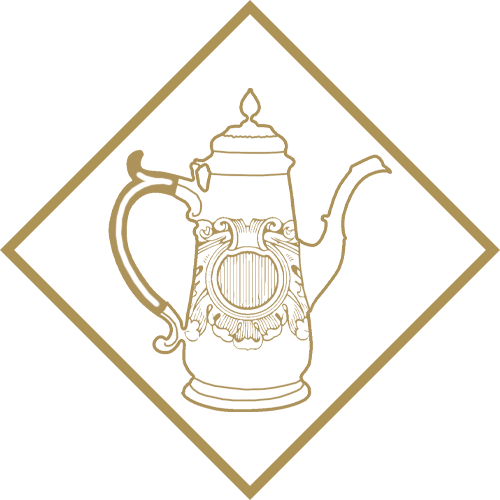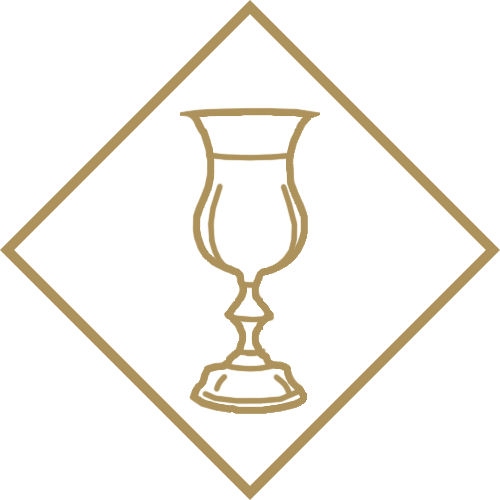The Ultimate Guide To Selling Antique Silver
Whether you have a silver tea service that you have inherited or a collection of silver that you have built up over the last 10 years, knowing how to sell your antique silver can be somewhat difficult. Over the years, collecting habits have changed and what might have been in fashion 5 years ago may no longer be sought after.
We are here to help put you in touch with a speicalist valuer who will be able to help you value and sell your antique silver.
Antique silver is a popular collectible because of its beauty and the intricate craftsmanship that often goes into creating each piece. However, with changing trends in interior design and collecting, it can be challenging to find buyers for your collection. That’s where our specialist valuers come in – they have the knowledge and expertise to accurately assess the value of your antique silver and find potential buyers who will appreciate its unique qualities.
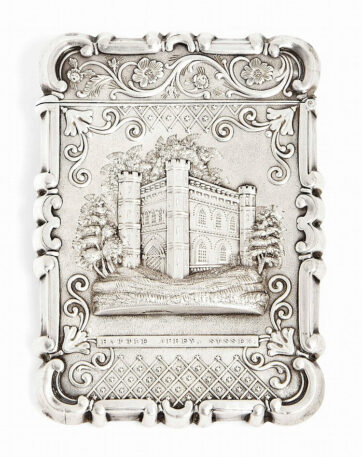
What Is Your Silver Worth?
How To Sell: Auction or Private Sale?
Mark Littler Ltd. are one of the only independent advisers in the antique industry. We offer trusted, independent advice to help you sell your silver for the highest possible price.
Selling at an auction might provide your silver with greater exposure. However, with a combined average of 45% in gross buyers’ and sellers’ fees, this approach might prove to be a false economy.
Conversely, finding a private buyer for your silver through our services could net you 33% more than if you sold it via auction, as our fees are only 12%.
What We Do For You
Simply fill in your contact details below and you will get an automatic referral to a leading silver auction expert who will give you an auction estimate and advise on how to sell with them. We will also see if we are able to get any offer from our private clients.
If we get any offers we will send these within 7 days. All offers are without obligation and there are no fees to pay us if you decide to sell at auction.
Silver Valuation Tips
To get the most accurate valuation of your silver simply ensure you provide the following information:
- What condition is your silver in? Let us know if there are and dents or heavy scratches in the silver.
- How heavy is your item? Please provide a measurement in grams if you can as this helps us determine the gauge of the silver. For instance a silver teapot can weigh as much as 1,000g or as little as 250g. Outwardly the design may look identical but the gauge of the silver is much heavier. This is important as items made from a better gauge of silver were often made by better makers for the upper classes, and as such will have a big impact on the value.
- PROVENANCE! Who owned your item before you did? Is there an interesting presentation inscription on your item that might shine light into it’s former life?
Important Note: this is a valuation service and not a hallmark identification service. Please see this page to learn how to read your hallmarks.
Free Expert Silver Valuations
Use the form below or send images of your silver to be connected with a silver expert.
Get In Touch With A Silver Specialist
"*" indicates required fields
What Affects The Value Of Your Antique Silver?
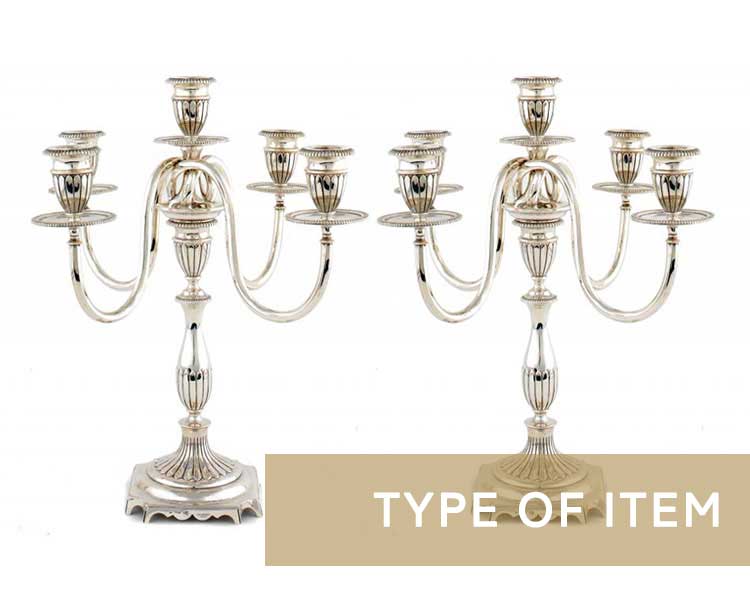
Type Of Item
One of the main factors that affects the value of your antique silver is the type of object itself. By its nature most silver is utilitarian, meaning that the form of the items has a distinct purpose. Tea services, coffee pots, cutlery, candlesticks etc are all examples of items that were made for a specific purpose. While still commercial, these types of items are seldom collected in large numbers.
Smaller, collectable items such as vesta cases and card cases can be worth much more than larger items such as tea services simply because they can be collected in larger numbers with ease.
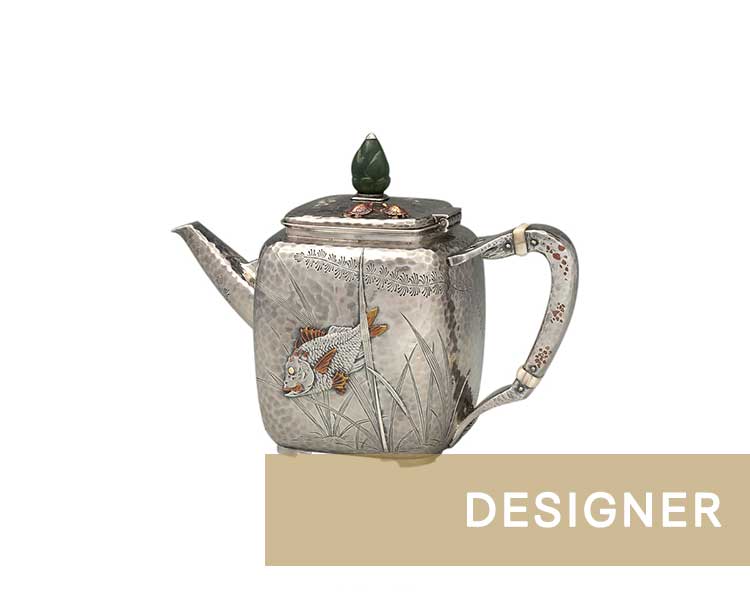
Designer
As with works of art, all pieces of silver are signed. Perhaps not by the craftsman that made them, but they all carry a maker’s mark as part of the hallmark. The maker’s mark will let you know which workshop produced the item.
Items by well know and sought after silversmiths and designers such as Paul Storr, Omar Ramsden, A.E. Jones, Charles Robert Ashbee etc will always command a premium.
You can use this website to find out the maker of your silver.
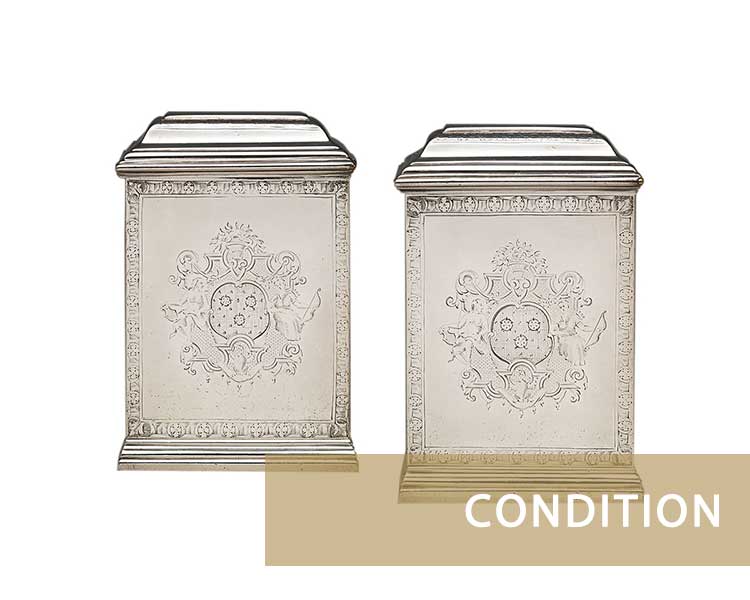
Condition
Clearly the condition of your antique silver will have an impact on the value.
Dents, bruises and splits are all obvious forms of damage that will impact the value.
Quite often on antique silver you may find that a coat of arms has been removed which can be hard to spot but will also have a big impact on the value. Likewise, a canteen of silver may have had its owners initials engraved onto each piece. This can also have a negative impact on the value in some instances.
What Our Customers Say
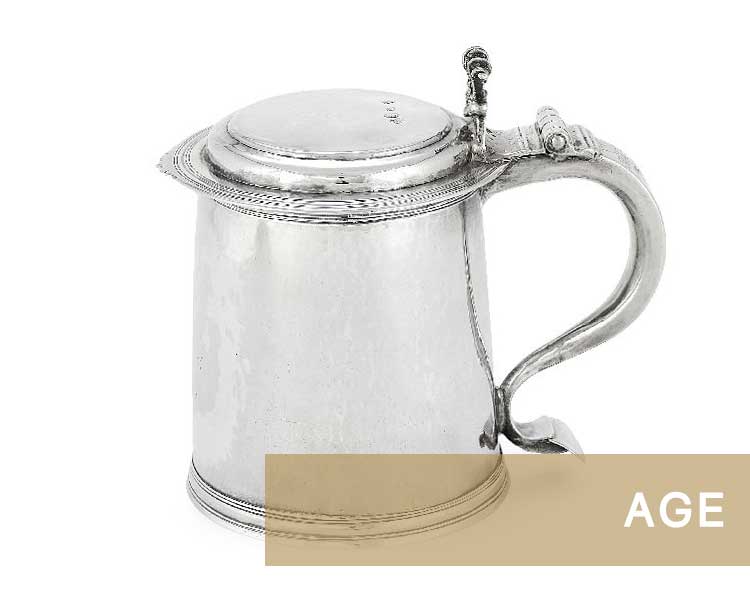
Age
We have been applying hallmarks to silver since the 14th century and as such they are the oldest form of consumer protection in the world.
As silver has always been a good ‘store’ of wealth, there are many moments in history where large volumes of antique silver has been melted to fund wars. As such very little silver remains from the pre-Restoration era (1660). Most antique silver dates from the 18th and 19th century as this is when silver began to be made in much higher volumes.
In many cases, the older the item, the higher the value.
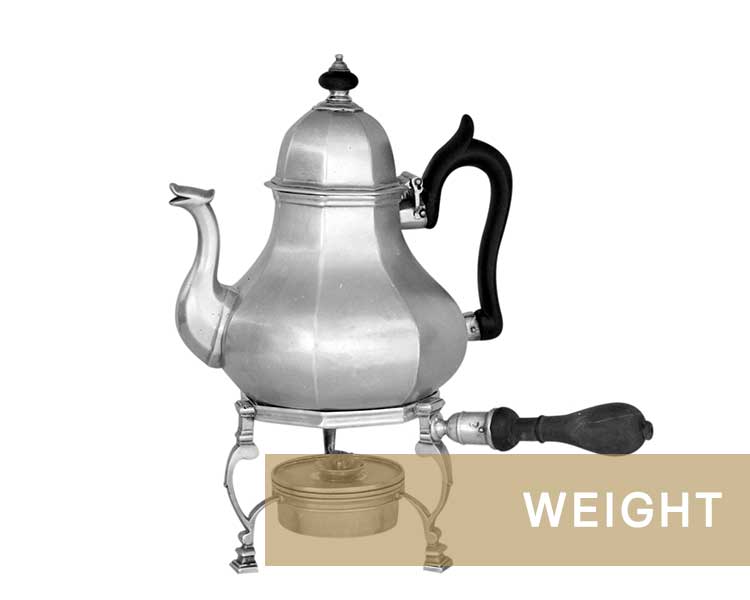
Weight
The weight of your item will help us to understand the quality of your silver. But how?
Silversmiths like Paul Storr produced many items to the same design, but depending on the wealth of their client they would adjust the amount of silver that they would use for the commission.
As such a tea pot may be 500g or it might be 1,300g. Without being able to handle your items in person, providing the weight will give us a very good idea of the gauge of the silver used and thus we will be able to give you a very good idea of the value. As ever, the more information you can provide the better.
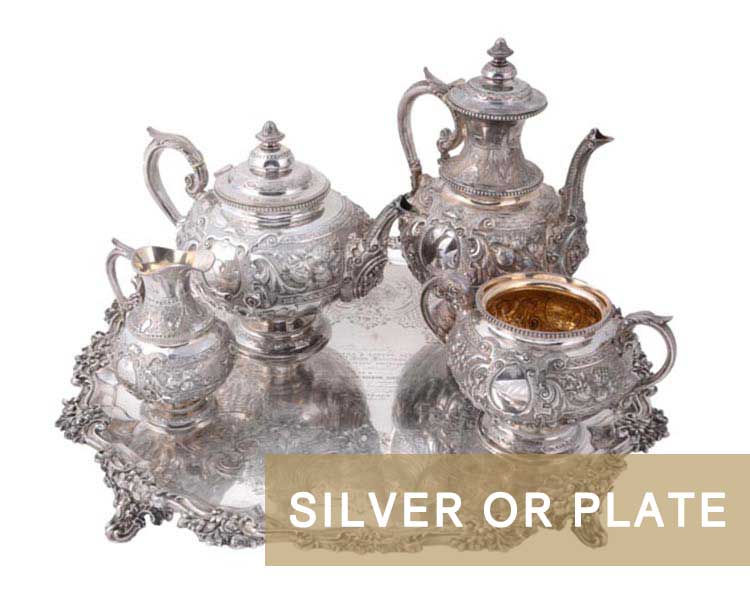
Silver or Plate
To put it bluntly, sterling silver items were made for the middle and upper classes. Silver plate was an invention aimed at making ‘silver’ style items available to the masses.
If you see the letters EPNS or A1 on your item then it is silver plated. Your item will need to be hallmarked and carry very specific marks in order to be legally called silver.
As silver plate was made for the mass market many items of silver plate do not have any value.
As such you might be best hanging onto your silver plate for a while longer.





